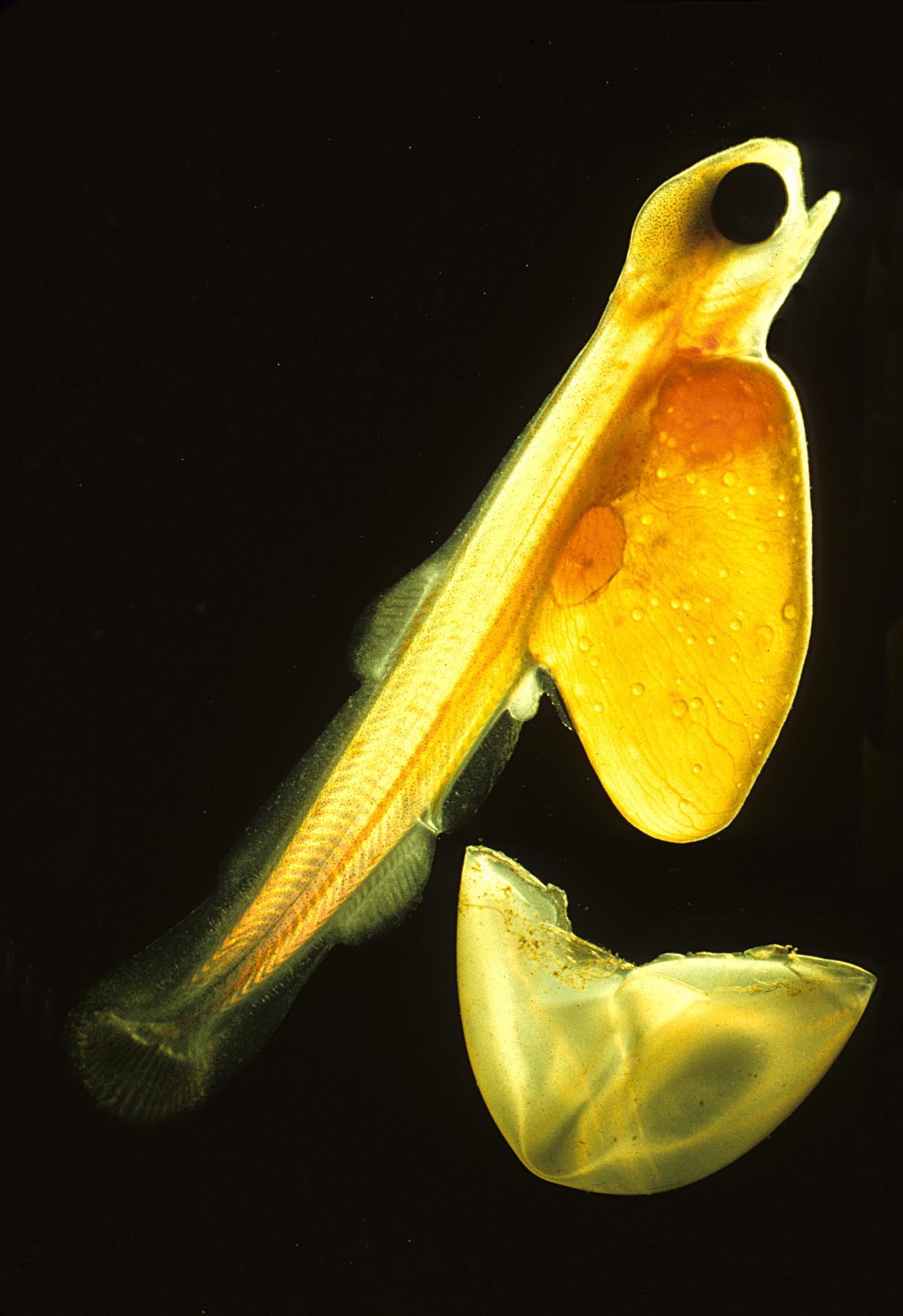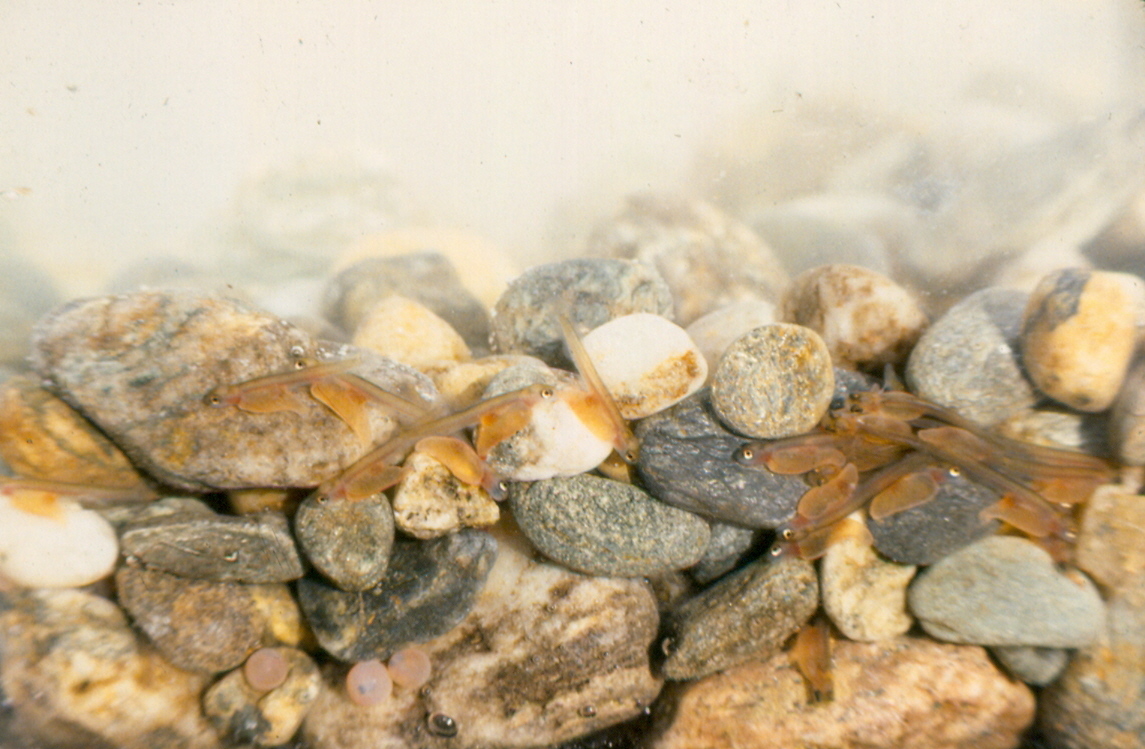Sunday, April 2, 2017
Hi Hugh, Sioux, David and Rob (and M and J),Hoping to hear Scots' First Minister Nicola Sturgeon on Tuesday at Stanford ... http://fsi.stanford.edu/
Stanford's web site for this newly says this will be live-streaming, if any of you are interested.
Here's Nicola's 2 minute elevator pitch -
Watch First Minister @ScotGovFM@NicolaSturgeon on why she is formally asking for powers to hold a second independence referendum pic.twitter.com/rrg9ruxR6Q— Scottish Government (@scotgov) March 31, 2017
https://twitter.com/scotgov/
(which I posted here, too, at OpenBand (Berkeley) - https://twitter.com/
Batter up ... and this ain't the game of Cricket ... and Stanford's a pretty amazing "baseball field" of dreams and realities, as well ... and Nicola Sturgeon seems to be heavy hitter ... :)
Scott
*
Hi, All,
Here's the
"Nicola Sturgeon address at Stanford University on Scotland's place in the world" from yesterday -
https://www.snp.org/nicola_sturgeon_address_at_stanford_university_scotland_s_place_in_the_world - if interested.
I'm also adding it here -
http://scott-macleod.blogspot.com/2017/04/atlantic-salmon-scots-first-minister.html.
Scott
*
Tuesday, April 4
Listen to Scotland's FM @NicolaSturgeon discuss Scotland's place in the world on FSI's podcast. http://stanford.io/2nLe1SX @TheEuropeCenter
Listen to Scotland's FM @NicolaSturgeon discuss Scotland's place in the world on FSI's podcast. https://t.co/WkbmNg0Pdo@TheEuropeCenter— FSI Stanford (@FSIStanford) April 5, 2017
https://twitter.com/FSIStanford/status/849706591582642177
Scotland's unfolding relationship with the UK government is one where she and the SNP are seeking partly to shape a defining role for themselves and vis-a-vis Brexit - all very politely, but Scottish-minded. Scots want a very different role with the EU than the UK government. She talked much of education (re income too) and Scotland, beyond their 3 main exports: Energy, Salmon and Whisky - but which was good to hear re WUaS, and our plans for wiki schools for open teaching and learning and creative generation in Scots' Gaelic and, indeed, in all languages. It's an old land, and she's a progressive politician in a European Union that doesn't share the same cultural or political landscape as the U.S. in any way (besides re democracy, for example).
In the Q & A, Mike McFaul on the dais with Nicola Sturgeon asked about constitutions, and Scotland and the U.K. He mentioned that a former President of Stanford, Gerhard Caspar, was in the audience, and that he always carries a copy of the U.S. Constitution in his pocket.
Glad to have attended in person; I was able to give her my World University and School card, in person. Were any of you able to see the live-stream, by any chance? Perhaps World University and School will be able to hire David Byrne as head of I.T. or similar eventually - if he were interested in such a creative I.T. position.
Scott
*
How best to help Scotland economically and educationally (and culturally/linguistically) - in English, Scots and in Scots Gaelic, et al. - with free online CC MIT OCW- and CC Yale OYC-centric Bachelor, Ph.D., law and M.D. degrees as well as I.B. high school diplomas, is a fascinating question. Rob? WUaS will seek to ask Scotland to reimburse WUaS some portion of what it will cost to go to Yale this autumn - $51,400 per student per year. It seems like WUaS has opened up a line of communication with Scotland through my meeting Minister Sturgeon too. With WUaS planning these degrees first at the undergraduate level - Computer Science, Science, Engineering, History, English, and Business degrees ... https://docs.google.com/
Scott
*
Wednesday, April 5
Hi Hugh, Sioux, David and Rob (and Jean and Ma),
I find it interesting how unradical this Scottish Independence process is in the 2010s, as a child of the 1960's, and having lived in Edinburgh in 1976-1977 right before Scots made another bid for Independence (the first devolution referendum was in 1979), of which I had no inkling whatsoever while studying in the 1st year 6th of A levels at the high school/secondary school level (English, History and Geography, and Maths) at Fettes College (near the Botanical Gardens) in Edinburgh then (and having somewhat long hair, and coming from "liberal America" and Pittsburgh, in the aftermath of the 1960s). Then Scots held second devolution referendum in 1997 and began build a very beautiful Parliamentary building beginning around 1996, and opened the doors in 2004 - "The formal opening by Queen Elizabeth II took place on 9 October 2004" ...
https://en.wikipedia.org/wiki/Scottish_Parliament_Building - and began making their own decisions in relation to Westminster, and the U.K. government as Nicola Sturgeon was calling it yesterday. (As an American, I'm not a monarchist, questioning the whole hereditary title thing). Nicola Sturgeon became first minister in 1999, and Scots voted against independence in 2014 (perhaps on economic ground), although while also voting to stay within the EU, however. (Then the BREXIT fiasco happened in 2016, - and, importantly, Scots didn't vote for this in relation to the rest of the U.K.'s vote). And now Scots may hold another referendum in 2018 or 2019 to vote once again for independence. Not only is this historic Scottish movement un-radical - when it could be very radical - since it's about the principle of self-determination, and revolves around questions of identity and concerns also freedom and democracy (two very polysemic words), but it's also rooted in a history that goes as far back as the Battle of Bannockburn in 1314 and well beyond.
I suppose one reason I think the SNP independence movement isn't radicalized, having lived in Edinburgh twice for 2 full years (1976-1977 AND 2003-2004), is partly cultural (not counter-cultural, which is part of my 1960's informed interpretation of radicalism, AND also part of my reading of the 1960s, both in the US and in some ways in a limited way in the British Isles) because Scotland and Edinburgh are possibly conservative with a small "c," even with historically large populations of labor and a significant labor and union history. Perhaps this also has to do with Scotland historically being relatively poor in comparison with the rest of Europe - being far from major trading routes, and thus its social theorists, and related social processes, as well as intellectuals/thinkers of Scotland - for example, Adam Smith and David Hume, Scotland's historic relations with France in the "Auld Alliance," and with its Scottish Enlightenment - haven't generated the same reverberating revolutionary theorizing or movements - that have emerged in much of the rest of Western Europe especially since the mid-1700s.
Even in its lack of radicalism, however, Scottish independence today is a very radical idea, and would be a radical historical change, for example, given the Acts of Union of 1707, and numerous other Scottish engagements with neighbors. A quiet radicalism, lead by Nicola Sturgeon, her husband Peter Murrell, and Alex Salmond these days? Perhaps.
I'm curious what you think? Hugh?
Scott
Economy of Scotland -
https://en.wikipedia.org/wiki/Economy_of_Scotland
Scottish independence -
https://en.wikipedia.org/wiki/Scottish_independence
Scottish Parliament Building -
https://en.wikipedia.org/wiki/Scottish_Parliament_Building
Battle of Bannockburn -
https://en.wikipedia.org/wiki/Battle_of_Bannockburn
***
And how can brain meat be conscious - and in many species?
Your vegetarian Haggis afficianado, :)
Scott
Your vegetarian Haggis afficianado, :)
Scott
I've only had about 3 vegetarian Haggis-es - hardly a conscious gourmandise :)
How can brain meat be conscious - and in many species?
The nerve of it!
Your vegetarian Haggis un-gourmandise, :)
Scott
*
David (and All),
Further interesting questions about consciousness (with no hippy
focus) here - http://scott-macleod.blogspot.
...
Further interesting questions about consciousness (with no hippy
focus) here - http://scott-macleod.blogspot.
...
David - thoughts about researching consciousness, re information technology, philosophy, language and STEM? What aspects of thinking about / understanding consciousness have stimulated or engaged you, if any?
All the best,
Scott
*
WUaS's prospective first matriculating student, Ta, also has Pitt. roots (and with the Quaker Meeting there as well), as well as SF ties (and I met her in the SF Quaker Meeting).
David, what interests you philosophically about questions of consciousness, and re - http://scott-macleod.blogspot.
Friendly regards,
Scott
*
Scott,
I'm immersed in machine learning right now, which is far from consciousness, but surprisingly effective at things like natural language translation.
Thanks,
David
*
Great, David,
Have you explored Open Neural Machine Translation (Open NMT) with parallels to Google Translates' fairly new GNMT ... both probably informed by the great Google Director of Research Peter Norvig ... in terms of machine learning and natural language translation? (I hope both of these will inform WUaS's Universal Translator -
http://worlduniversity.wikia.
Peter Norvig added I think the language of the Krell (from the 1956 movie Forbidden Planet) to OpenNMT, and I could see adding Elvish and Klingon among many invented languages. I'll expand on my blog post about OpenNMT and Peter's article about the Krell here with time -
http://scott-macleod.blogspot.
- which is also kind of an anthropology of young Google coders, I'd say.
Re questions of consciousness, here Stanford and Google's Tom Dean is talking about modeling a mouse's brain with AI by 2020 -
https://scott-macleod.
https://scott-macleod.
Have you explored Open Neural Machine Translation (Open NMT) with parallels to Google Translates' fairly new GNMT ... both probably informed by the great Google Director of Research Peter Norvig ... in terms of machine learning and natural language translation? (I hope both of these will inform WUaS's Universal Translator -
http://worlduniversity.wikia.
Peter Norvig added I think the language of the Krell (from the 1956 movie Forbidden Planet) to OpenNMT, and I could see adding Elvish and Klingon among many invented languages. I'll expand on my blog post about OpenNMT and Peter's article about the Krell here with time -
http://scott-macleod.blogspot.
- which is also kind of an anthropology of young Google coders, I'd say.
Re questions of consciousness, here Stanford and Google's Tom Dean is talking about modeling a mouse's brain with AI by 2020 -
https://scott-macleod.
https://scott-macleod.
I find however McGinn's and Nagel's philosophical questions re consciousness most fascinating in these regards -
https://scott-macleod.
Cheers,
Scott
https://scott-macleod.
Cheers,
Scott
*
...




